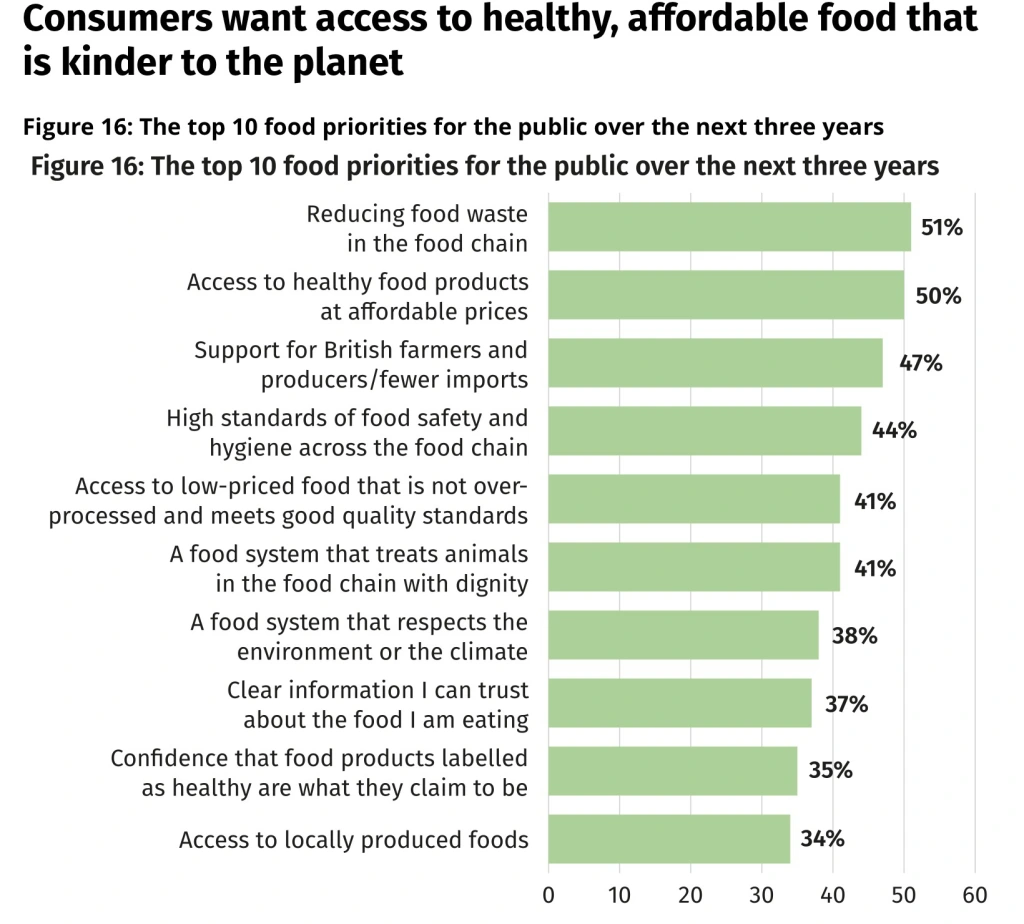
In Cheshire, a quiet revolution is unfolding on dinner plates and in business strategies. More people are turning towards sustainable eating, not just as a trend, but as a lifestyle choice. This blog explores why embracing this shift is vital for local businesses and how the Food for The Planet Pledge can be a game-changer.
Why More People are Choosing to Eat More Sustainably The rise in sustainable eating is fueled by increased environmental awareness, the undeniable health benefits, and ethical considerations. In Cheshire, a growing segment of consumers are actively seeking out eateries and food suppliers who prioritize the planet. This shift is not just a fad; it’s an emerging market reality.
Sustainable food trends among 20 to 40-year-olds indicate a preference for locally sourced, organic, and plant-based options. This demographic values environmental responsibility and ethical practices. Retailers should adapt to these trends to meet consumer demands, enhance brand image, and contribute to global sustainability efforts.
In Price Waterhouse Coopers research in June 2023 that asked consumers how much above an average price they’d pay for a variety of different goods, such as locally produced food at a farmers’ market, products manufactured with a lower carbon footprint and custom-made, or bespoke, items. Overall, eight out of ten consumers say that they would pay more: more than four in ten say they’d pay up to 10% above average, one in ten say they would go up to 30%, and nearly 7% say they would pay even higher prices. Millennials and gen Z, who typically espouse social consciousness and environmental justice, were the most open to spending more for the sake of sustainability. So now is a great time to use this information in your business to gain an edge over the competition.
The Benefits of Sustainable Eating Sustainable eating isn’t just good for the planet; it’s smart business too. Environmentally, it means a significant reduction in carbon footprint and more efficient use of resources. Economically, businesses that adapt to this trend tap into a burgeoning customer base. They also position themselves for potential long-term cost savings by adopting more sustainable practices. 




